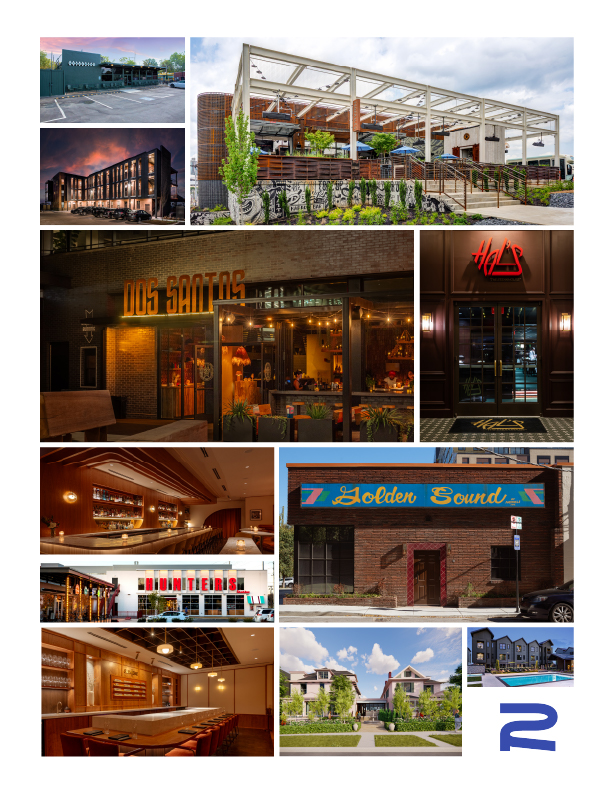Permitting Process for Hospitality Architecture
Understanding Hospitality Permitting
The path to bringing exceptional hospitality spaces to life inevitably runs through the permitting process. For restaurants, hotels, and other hospitality venues, this regulatory journey involves multiple approvals that can significantly impact project timelines and budgets.
Most hospitality projects require building permits, health department approvals, fire safety inspections, and accessibility compliance reviews. Depending on your location, you may also face zoning reviews, historic preservation considerations, or environmental assessments. Understanding which regulatory bodies will review your project—and what specifically concerns each—provides essential context for effective planning.
Realistic timeline expectations are crucial for project success. While straightforward renovations might secure permits in 4-6 weeks, complex new construction could require 3-6 months or longer, especially in jurisdictions with limited resources or extensive review processes. Integrating these realities into your project schedule from the beginning prevents disappointment and costly delays.
Hospitality-Specific Permitting Challenges
Hospitality venues face unique regulatory scrutiny due to their public-facing nature and specialized operations. Restaurants must navigate detailed health department requirements for food preparation, storage, and waste handling—often the most intensive review process for food service establishments. These requirements directly impact kitchen layout, equipment selection, and mechanical systems.
High-occupancy spaces like hotel ballrooms or restaurant dining areas trigger additional life safety requirements, including specific egress calculations, fire suppression systems, and emergency lighting. Similarly, accessibility compliance takes on added complexity in hospitality settings where guest experience is paramount but must accommodate all users equally.
Strategic Approaches to Efficient Permitting
Early engagement with regulatory officials transforms the permitting process from adversarial to collaborative. Pre-application meetings allow you to identify potential issues before investing in detailed design development, often revealing local precedents or unofficial requirements that might otherwise cause delays.
For projects with tight timelines, phased permitting strategies can accelerate groundbreaking. By securing demolition, foundation, or shell permits while finalizing interior design details, you can maintain momentum while resolving more complex regulatory questions. This approach requires careful planning but can significantly compress overall schedules.
Integrating Code Compliance into the Design Process
The most successful hospitality projects integrate regulatory considerations from the earliest design phases rather than treating permitting as an afterthought. Experienced hospitality architects approach code requirements as design parameters that inform—rather than restrict—creative solutions.
Documentation quality dramatically impacts approval timelines. Complete, well-organized submissions that anticipate reviewer questions demonstrate professionalism and facilitate faster approvals. Clear graphic communication that highlights code-critical elements helps reviewers quickly understand compliance strategies without extensive back-and-forth.
Building Your Permitting Team
Your architect should serve as the central coordinator of the permitting process, translating regulatory requirements into design solutions while maintaining your project vision. For complex projects, specialized consultants in areas like food service equipment, fire protection, or accessibility may provide valuable expertise that streamlines approvals.
Developing productive relationships with regulatory officials creates long-term value. Officials who recognize your team’s professionalism and respect for the process are more likely to work collaboratively toward solutions when inevitable questions arise. This relationship-driven approach transforms permitting from obstacle to opportunity.
Move From the Red Tape to the Red Ribbon
At Remick Architecture, we view the permitting process not as a necessary evil but as an integral part of creating exceptional hospitality spaces. By anticipating requirements, engaging proactively with officials, and integrating compliance into our design thinking, we help clients navigate this complex landscape while maintaining design integrity and project momentum.
The most successful hospitality projects emerge when regulatory requirements become catalysts for innovative solutions rather than barriers to creative vision. Before you know it, you’ll be cutting that red ribbon on opening day.

